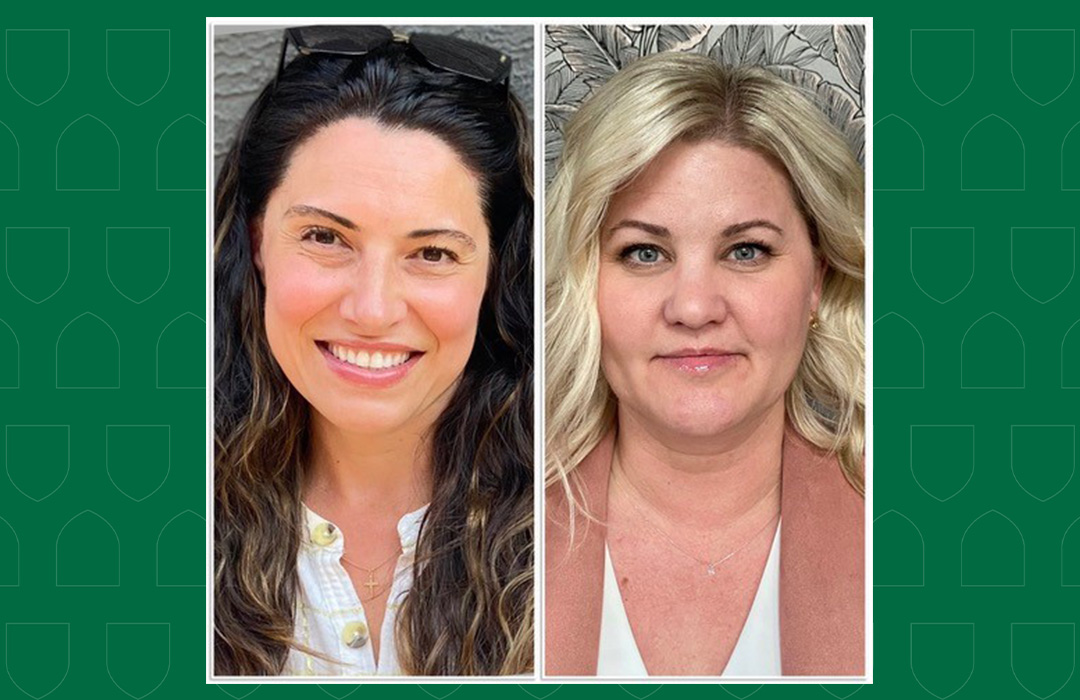
Physician, heal thyself: Doctors’ mental health suffers during pandemic
Physicians in Saskatchewan saw their own rates of depression and anxiety soar as they worked to treat patients during the Covid-19 pandemic.
By Researchers Under the ScopeListen to all episodes of Researchers Under the Scope podcast.
Subscribe to the podcast on Spotify or Apple Podcasts
That’s according to Dr. Camelia Adams, an associate professor in the College of Medicine’s Department of Psychiatry.
In April of 2021, Adams sent a written questionnaire to every doctor in the province, and received responses from 118 physicians. She also conducted more detailed follow-up interviews using videoconferences.
Of the physicians surveyed, all reported working longer hours, with 70 per cent indicating their emotional health was worse as a result of the pandemic.
“People would mention things like working 80 hours a week, an unbelievable amount,” Adams said. "Basically from the moment they woke up to the moment they went to bed.”
Adams said the mental health survey respondents included physicians working across the province, representing a wide range of specialties. Her preliminary results show:
- More than 30 per cent of physicians were unable to visit family or friends because of the pandemic.
- Seven per cent of physicians in Saskatchewan lost a loved one due to the virus.
- More than a third of respondents reported symptoms of major depressive disorder.
- Almost a third reported symptoms of generalized anxiety disorder.
Saskatchewan physicians’ rates of pandemic-related depression and anxiety spiked seven to 10 times higher than what psychiatrists tend to see in the general population, said Adams. She noted their counterparts in other parts of the world have reported similar spikes in mental distress due to the pandemic.
But doctors in this province also surprised her, by reporting a “lower than expected” number of trauma-related disorders, such as post-traumatic stress disorder, especially compared to health care workers in northern Italy and New York City.
“They felt like they were trained to do this,” said Adams. “We had time to prepare a bit better."
Adams said one other finding stood out: just one of the 118 physicians in her study reported seeking mental help.
“It suggests a rather self-reliant attitude, which can have benefits,” Adams said, noting a number of physicians reported turned to exercise, spirituality, a belief in science, and to their friends and family to cope with the stress of the pandemic.
Still, Adams said doctors should not fear professional consequences for seeking mental help.
“If we see vulnerabilities that we try to hide under the carpet, we should be more honest about it,” Adams said.
Angie Wiebe said there’s still a stigma associated with mental illness and turning to a stranger for help. She’s spent the past six years working as a psychologist with the University of Saskatchewan’s Employee Assistance Program (EAP).
“For some it can be embarrassing and even shameful for high achievers to admit they need help,” Wiebe said.
During the pandemic, Wiebe said the volume of calls she’s received remains unchanged, but the stressors are now different. She said personal issues are ‘magnified’, with a number of university staff experiencing difficulty setting boundaries between their professional and home lives during the pandemic.
“These are an extremely resourceful group of people. They’re used to exceeding expectations. They can be perfectionistic and even compulsive in academics,” Wiebe said.
"This is a group of people who are adept problem-solvers.”
But Wiebe said it’s often loved ones who first spot warning signs that a person is reaching their breaking point. Those include behaving uncharacterictically, feeling unable to make decisions, a decreased capacity for coping/resilience, or a sense of isolation or loneliness.
She said the EAP works hard to ensure anyone who calls finds a counsellor that’s the right fit.
"That relationship is really important,” said Wiebe, noting the EAP is available 24-7, with an emphasis on confidentiality.
Both she and Dr. Camelia Adams said physicians and biomedical researchers should never be penalized for seeking help for mental and emotional issues.
“We are not robots claiming to be perfect, we are just human beings trained to help other human beings,” said Adams, who is now sharing some of her findings with Saskatchewan’s College of Physicians and Surgeons.
“Hiding a problem never helps,” Adams said.
